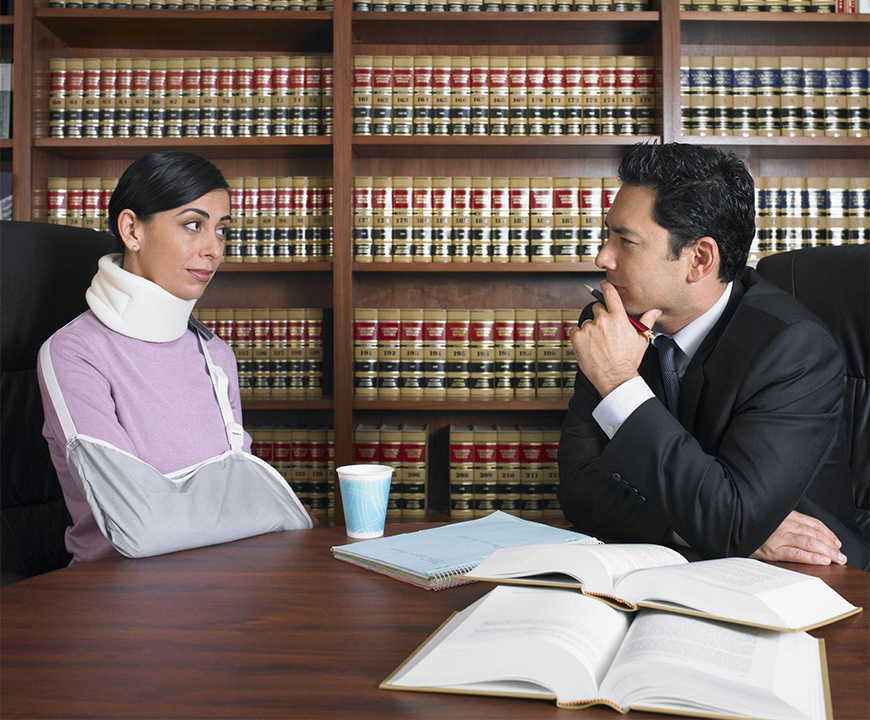
The UAE government issued Law No. 5 of 1985, amended by Federal Decree-Law No. 30 of 2020, which regulates civil transactions in the country. The law includes provisions related to some interpretative principles of Islamic jurisprudential fundamentals:
- Ignorance of legal rulings is not an excuse.
- Exceptions are not measured or broadly interpreted.
- Certainty is not removed by doubt.
- The presumption is innocence.
- No harm shall be inflicted or reciprocated.
- Necessities permit the prohibited.
Article 112 of the law specifies the evidence for proving rights, including writing, testimony, indications, inspection and expertise, acknowledgment, and oath.
Article 113 establishes a general rule that the creditor must prove their right, while the debtor denies it.
Article 124 identifies sources of obligation: contract, unilateral act, harmful act, beneficial act, and law.
A contract is the commitment arising from the positive acceptance of one of the contracting parties, and their agreement in a manner that leaves an effect on the subject matter, obligating each of them to fulfill their obligations to the other. This law regulates contracts such as sale, lease, mortgage, construction, loan, employment, and others.
Harmful act: Any damage to others obliges the doer, even if not distinct, with a guarantee of the harm. Compensation is provided for all material and moral damages.
One distinctive aspect in the UAE is that the purpose of compensation is not to punish violators but to rectify mistakes committed against the injured parties. Therefore, damages are evaluated based on the losses suffered by the injured party rather than the damage itself.
To learn more about UAE Civil Transactions Law, it is essential to consult the best law firm in Dubai for legal advice and find optimal solutions for all cases in accordance with the latest legal provisions. We, Sendeyyah Al Hantoobi Advocates & Legal Consultants, can save you time and effort. You can also request a consultation or present your case by contacting us.
Key Benefits
Personal injury law in the UAE encompasses legal provisions and regulations that protect individuals who have suffered harm, injury, or wrongful death due to the negligence or intentional actions of others.
Hiring a personal injury lawyer in the UAE has benefits:
– Expertise: Specialized lawyers have knowledge and experience in personal injury law, ensuring proper representation.
– Legal guidance: Lawyers can guide through the complex process, protecting rights and explaining options.
– Negotiation and settlement: Experienced lawyers negotiate with insurance companies or parties for a fair settlement.
– Court representation: Lawyers represent in court, presenting the case effectively and advocating for the best interests.
Sendeyyah Al Hantoobi advocates handle a wide range of personal injury cases in the UAE, including but not limited to:
– Car accidents
– Workplace injuries
– Medical malpractice
– Slip and fall accidents
– Product liability
– Construction site accidents
– Wrongful death
In personal injury cases in the UAE, compensation is typically awarded to the injured party to cover various damages, such as medical expenses, loss of income, pain and suffering, and rehabilitation costs. The compensation amount is determined based on factors such as the severity of the injury, the impact on the victim’s life, and the negligence or fault of the responsible party. A personal injury lawyer can help assess your case, gather evidence, and pursue the maximum compensation you deserve through negotiation or litigation if necessary.
